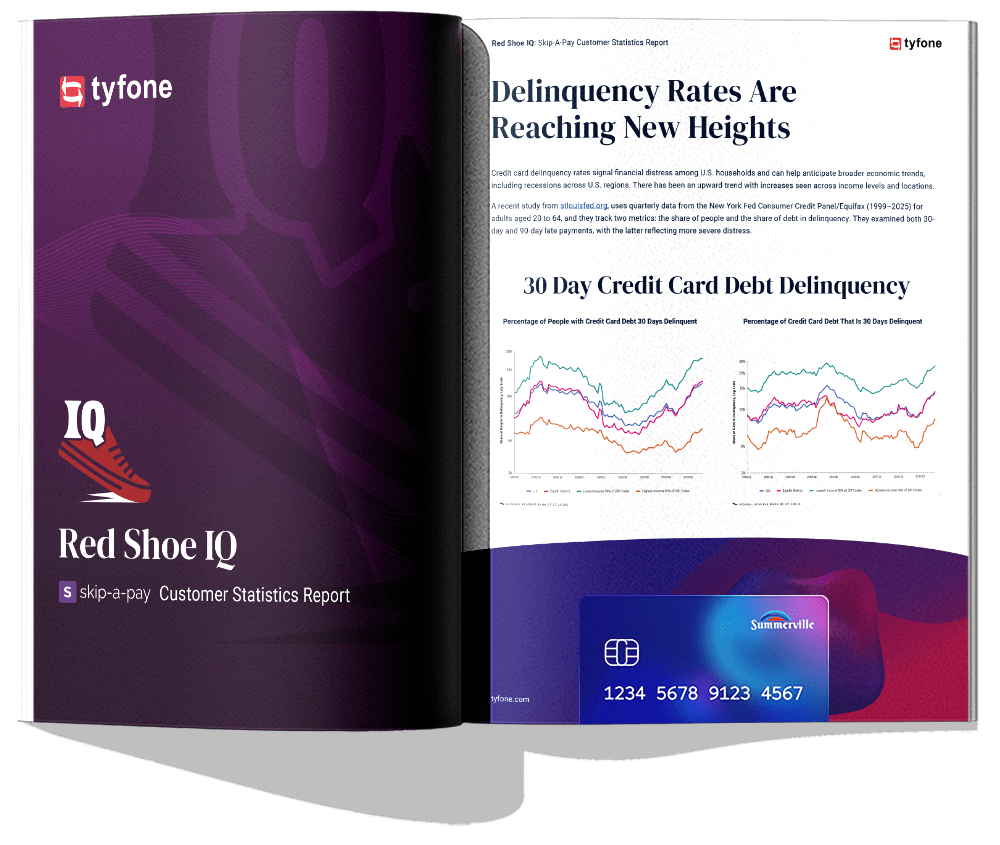Don’t let the CCCA hijack the NDAA — keep military families at the center
As Congress turns its attention to the 2026 National Defense Authorization Act (NDAA), I urge lawmakers to reject any attempt to attach the Credit Card Competition Act (CCCA) to this vital national security legislation. Congress must not turn a must-pass defense bill into a Trojan horse for unrelated and harmful financial policy.
1. The NDAA is for defense — not retail lobby priorities
The NDAA exists to finance, equip, and sustain our fighting force. Its mission is clear: support military readiness, not provide cover for unrelated policy riders. Yet merchant interests are once again attempting to sneak the CCCA into the NDAA, following failed efforts to attach it to the GENIUS Act and other must-pass bills.
Every time credit unions object, proponents retort that combining it with the NDAA is the only path forward. That logic should alarm every member of Congress. When policymakers trade defense priorities for finance piecemeal, servicemembers lose.
2. Marshall – Durbin Interchange Mandates Legislation undermines secure, reliable payment systems
This bill would mandate that issuers—like credit unions—route transactions through at least two unaffiliated networks, limiting Visa or Mastercard to one network. Ostensibly, this increases “competition” and lowers merchant costs. But in practice, it undermines network integrity. Fraud prevention systems vary widely between networks. Forcing issuers to connect with untested systems risks consumer data, weakens security, and jeopardizes the member experience.
This isn’t theoretical: after the Durbin debit interchange rules, banks and credit unions lost billions, debit rewards disappeared, and yet consumers saw none of the projected savings—merchants kept them all. Repeating that error with credit cards does not promote competition—it penalizes consumers and cooperative institutions.
3. Military credit unions serve needs ordinary banks cannot
Defense credit unions operate on or near more than 300 installations worldwide, rebuilding lives after deployment, providing emergency loans before PCS moves, and delivering financial literacy programs on base. These services matter to junior enlisted families, new recruits, single-parent households, and veterans. The CCCA threatens to reduce interchange revenue—often the only source of funding enabling tailored, mission-critical services.
Our letter to House and Senate Leadership in November 2024 urged them to keep the CCCA out of the NDAA, warning that interchange reductions will allow higher rates, fewer benefits, and degraded support services. That warning echoes again—and loudly—in 2025.
Story continued below…
FREE PAMPHLET
Red Shoe IQ:
Skip-A-Pay Customer Statistics Report
Inside this report you will find statistics on 30-day and 90-day debt delinquency across the U.S., comparison of loan skips and yearly revenue from loan skip fees across our customers, loan skips by institution asset size and number of members, and more!
4. Risking military readiness for the sake of merchant profits
Tax-exempt, cooperative credit unions reinvest over $22 billion each year in improved loan rates, higher savings yields, and essential services. Cutting off interchange revenue incentivizes shortcuts—less fraud protection, fewer educational resources, and costlier products. That undermines the financial readiness of servicemembers, veterans, and their families—all of whom drive and sustain our national defense.
DCUC’s April letter to the House Financial Services Committee and Senate Banking Committee made clear: attaching the CCCA to the NDAA “would gut fraud protections, kill rewards programs, and strain small credit unions—especially those serving military communities.” We told lawmakers the CCCA should have no place in must-pass legislation.
5. Evidence proves the CCCA won’t deliver consumer savings
Research from the Federal Reserve and the Electronic Payments Coalition confirm that merchants largely pocket savings, leaving minimal pass-through to consumers. Indeed, a 2014 Richmond Fed survey on debit interchange confirmed history repeating: consumers never benefited, but instead confronted more restrictive card usage. Why sanction the same outcome by a different name?
6. Congress must safeguard—not sabotage—military financial readiness
Congressional zeal for reform must not come at the expense of the families who defend our country. As former military members ourselves, we at DCUC know every deployed sailor, soldier, airman or Marine depends on swift access to reliable financial tools. A regulatory mandate like CCCA, deployed via NDAA, unnecessarily disrupts — and risks — that support.
7. Paths to genuine reform that don’t punish service members
That said, DCUC supports practical, smart reforms. We champion:
- The Veterans Member Business Loan Act, empowering credit unions to support veteran entrepreneurs.
- The Military Financial Services Protection Act, establishing a DoD advisory committee for on-base institutions.
- The VA Home Loan Awareness Act, to ensure every eligible veteran understands their benefits.
These proposals improve financial readiness without undermining it, keeping financial policy squarely in the hands of Congress—not merchant lobbyists.
Conclusion: Keep the NDAA mission-focused
The NDAA represents one of the few bills Democrats and Republicans agree is essential. It should remain so. Avoid turning it into a vehicle for unrelated finance policy with opaque and unintended consequences. Attaching CCCA would be reckless and disrespectful to the men and women who depend on our credit unions far more than they rely on big-box retailers.
Congress, let this clear message guide you as the NDAA enters committee: focus on defense, reject unrelated retail mandates, and preserve financial support for our military families. That is the mission.
The Defense Credit Union Council bills itself as the trusted resource for credit unions on all military and veteran matters.
Disclaimer
The views, opinions, and perspectives expressed in articles and other content published on this website are those of the respective authors and do NOT necessarily reflect the views or official policies of Tyfone and affiliates. While we strive to provide a platform for open dialogue and a range of perspectives, we do NOT endorse or subscribe to any specific viewpoints presented by individual contributors. Readers are encouraged to consider these viewpoints as personal opinions and conduct their own research when forming conclusions. We welcome a rich exchange of ideas and invite op-ed contributions that foster thoughtful discussion.



